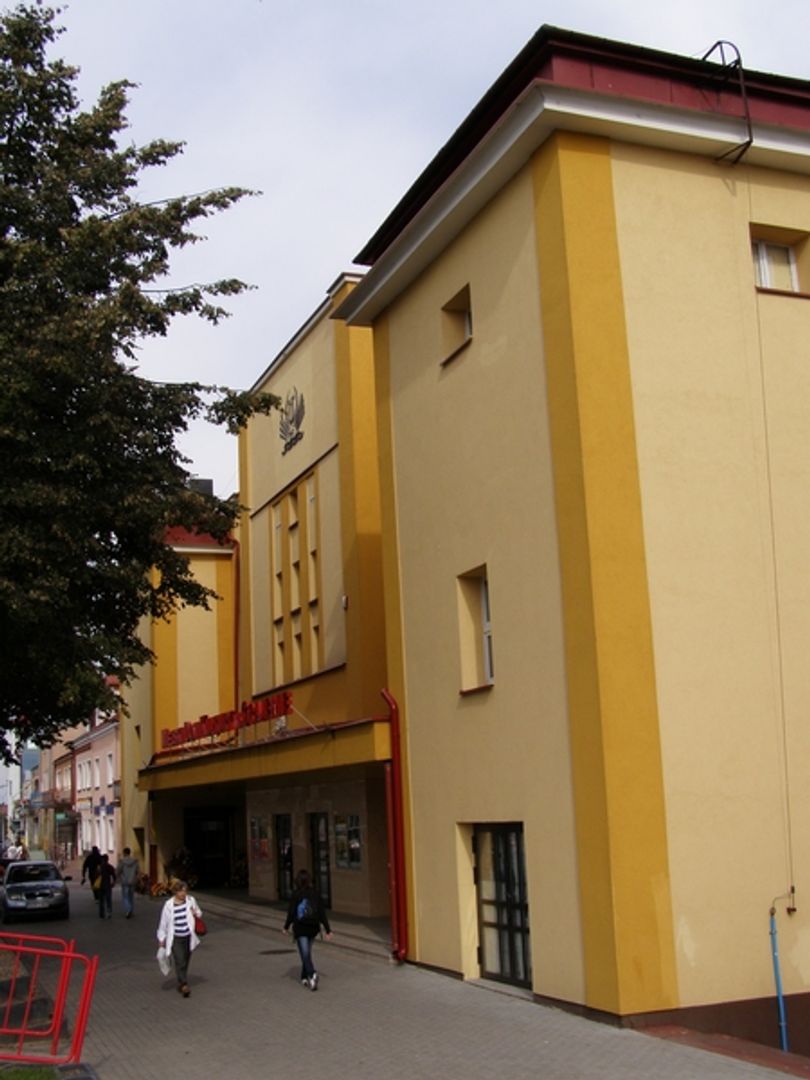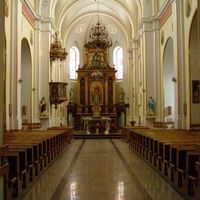Grajewo
6.88

Overview
Grajewo is a town in the Podlaskie Voivodeship, situated on the Ełk River, with a rich history dating back to 1540, when it was granted town rights—though these were not implemented at the time. The town officially regained its municipal status in 1919. Grajewo is known for its cultural richness, reflected in the activities of local artistic groups such as the Grajewianie Song and Dance Ensemble and various dance troupes. The town hosts numerous cultural events, including Grajewo Days and the International "Wolf Run" Street Race. Architecturally, it boasts several notable landmarks, such as the neo-Gothic Holy Trinity Church from the late 19th century, a belfry dating back to 1837, and a parish cemetery established in 1810. Grajewo has an interesting economic history, with industrial development accelerating particularly after the construction of the Brest-Kaliningrad railway. Significant local enterprises include Pfleiderer S.A. and the Mlekpol Dairy Cooperative, which contribute to the local economy. The town has been the site of numerous historical events, including Napoleon's return and the tragedies of World War II, during which over 5,000 residents were killed or went missing. Grajewo also holds a special place in the hearts of Poles as a gateway to the Biebrza National Park and other natural attractions. Interestingly, the town has been visited by prominent political figures, including Józef Piłsudski and Stanisław Wojciechowski. Despite numerous historical challenges, Grajewo continues to develop dynamically and boasts a vibrant cultural life, making it a fascinating destination on the map of Poland.
Location
You can also find here:
2026 Wizytor | All Rights Reserved
